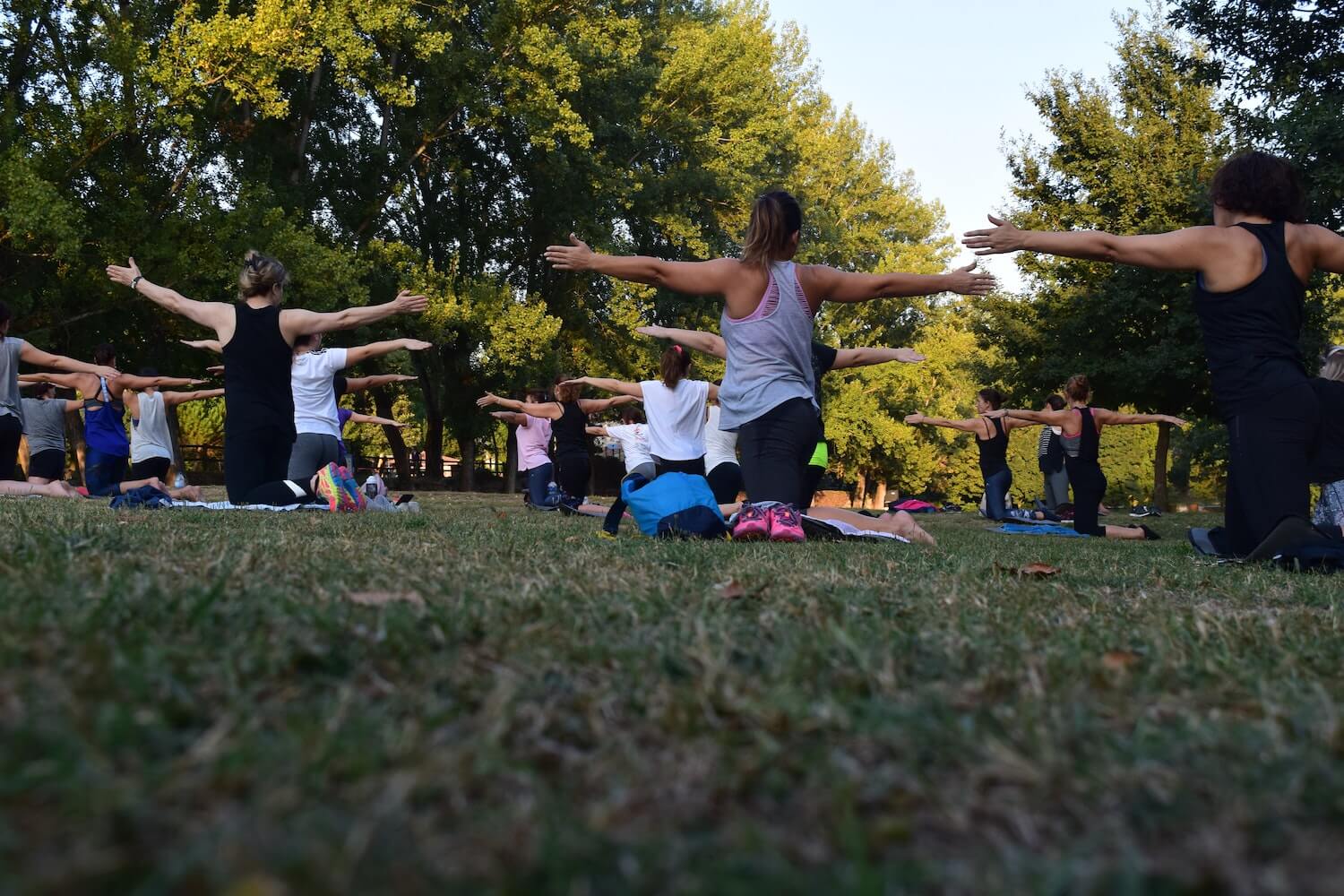
News
During 2023, Active Geelong partnered with the Barwon Health Healthy Communities team to deliver a ‘Group Model Build’ for Cobram Estate Olives. This process...
Continue readingThe 2023 Active Geelong Active Workplace Awards were presented during a gala breakfast at GMHBA Stadium on Wednesday 8th of November. The event was...
Continue readingWinter’s setting in and the great temptation for many people is to rug up, stay indoors and hunker down until spring when they should...
Continue readingYour donation impacts the Geelong region, supporting healthier communities

If your workplace wants to run a physical activity program for employees, it’s important to get the right person for the job. Follow our quick tips for choosing the right physical activity service provider.
Providing onsite physical activity programs and classes for employees can be a big investment. Like any business decision make sure you reduce your risk and maximise your return on investment by choosing the right person for the job.
Choosing the right activity
The first step is to determine what type of physical activity program your employees want. Surveying staff is usually the best way to do this. Provide a list of types of physical activity you are willing to offer based on timing, facilities, availability of a service provider, location and budget.
From walking groups to dance classes; yoga to personal training the list should be varied but realistic. At this point, you might also like to indicate if there will be a fee involved for staff and ask what day and time people prefer.
Choose the right provider
There are several key occupations that can provide general exercise and physical activity programs. Within these groups there are people with further qualifications or skills in specific exercise types such as pilates, aerobics, yoga, strength training, group training or condition specific training such as for weight loss or diabetes.
Exercise physiologists: University trained experts in exercise prescription for all population groups including those with chronic illness or injury.
Physiotherapists: Physiotherapists help people recover from injury, improve mobility and prevent injury or disease. They are university qualified and work with all populations from athletes to people with illness or injury.
Registered exercise professionals (including personal trainers, gym instructor, group exercise instructor or group exercise leader) a degree in Exercise Science or Human Movement. They can prescribe exercise and lead exercise classes for the general population and may also have qualifications to work with special needs populations such as rehabilitation.
You might also like to consider sport specific trainers such as martial arts, yoga, belly dancing or tai chi.
Qualifications & registration
To check that your provider is registered, accredited or has the qualifications they claim head to the appropriate governing body to do an online search. A governing body means that the provider meets professional standards and competencies and there is a formal complaints process.
- Fitness Australia: personal trainers, gym instructors, group exercise instructors or group exercise leaders
- Exercise and Sports Science Australia (ESSA): exercise physiologists and exercise scientists
- Australian Health Practitioner Regulation Agency (AHPRA): physiotherapists and osteopaths
First aid and CPR
Providers may not need to have current first aid and CPR to qualify for registration or accreditation. Please make sure you ask for a copy of your providers current first aid and CPR certificates, or always ensure you have a first aid qualified staff member at the session.
If conducting exercise classes on site, it is good to let your provider know of your first aid and OH&S procedures including reporting of incidents or near misses, where first aid equipment is located including an auto defibrillator machine, and evacuation procedures.
Experience/skill
There are pros and cons of engaging a newly graduated provider versus a more experienced provider. If you can, meet with a few providers in person and get a feel for who they are, if they meet the values of your organisation and if their personality and demeanour will suit your employees. Consider your employee group – average age, exercise experience, ability, gender and try and find a provider that would suit their needs.
Insurance
Professional indemnity insurance cover is essential for any provider.
You should ask to get a copy of the certificate of currency for their policy or an email confirmation from their insurer. The policy should specifically include cover for the type of service they are providing e.g “as a private practitioner conducting exercise classes to healthy individuals in an outdoor setting on a casual basis.”
Other considerations
- Can you get a recommendation for a provider from another business or trusted source?
- How much does it cost? Do they offer a discount for larger groups or for more than one session a week?
- What are the cancellation policies?
- Do they provide all of the equipment and pre activity screening questionnaires?
- Clear understanding of costs and do they provide their own equipment.
- How will participants book in to classes or do they just turn up?
- Have they worked in a corporate setting before?
- Do they have any references from similar organisations or evidence of the results they’ve achieved?
The Better Health Channel has great ideas on what to look for and what to avoid when selecting a physical activity service provider.